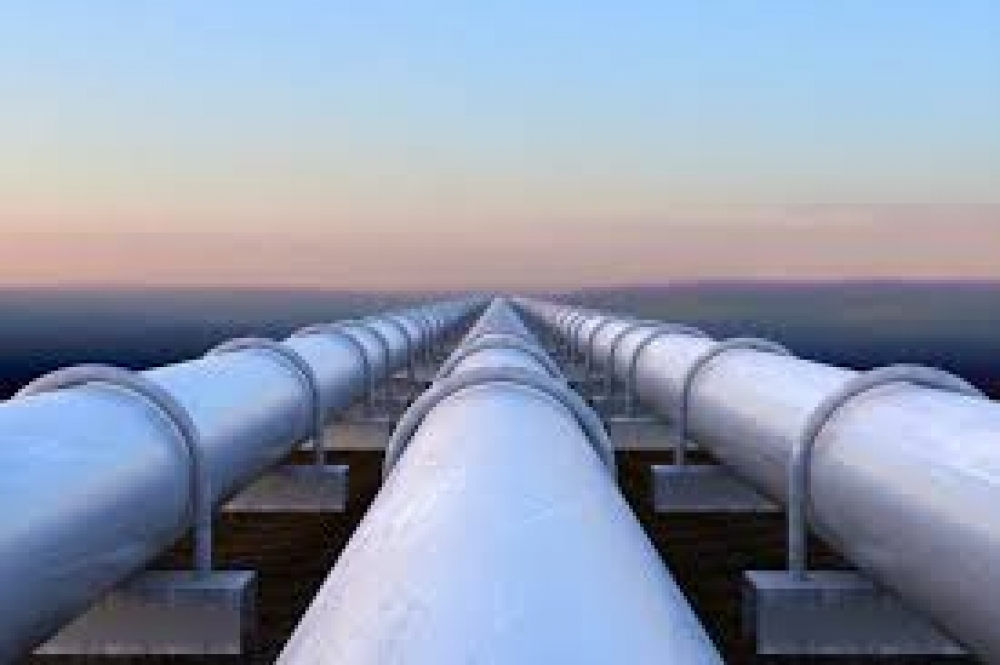
EU Commission Reinstates Funding Eligibility for Maltese Gas Pipeline Linked to Assassination Controversy
Posted 03/11/2023 14:46
The European Commission has reinstated the Maltese TransGas pipeline project on its sixth 'Projects of Common Interest' (PCI) list, making it eligible for potential EU funding, despite prolonged concerns regarding its viability, environmental impact, and associations with corruption and a high-profile murder. A leaked document revealed the re-inclusion of the controversial pipeline, sparking renewed criticisms and debates around the project's legitimacy and ethical considerations.
Estimated to cost €400 million, the TransGas pipeline is proposed to connect Malta to Sicily, replacing the current LNG tanker stationed off the coast of Delimara. With the Delimara Power Plant operated by Electrogas serving as the pipeline's endpoint, the project has faced scrutiny due to the involvement of Electrogas' ultimate beneficial owner, Yorgen Fenech. Fenech, currently in prison pending trial for his alleged role in the assassination of journalist Daphne Caruana Galizia, remains a central figure in the ongoing investigations into money laundering and corruption.
Despite the EU's emphasis on renewable energies and electricity interconnections in the Trans-European Networks for Energy (TEN-E) rules, Malta obtained a derogation, enabling the project's inclusion in the PCI list, leading to eligibility for EU funds. This decision has drawn strong criticism, particularly from environmental groups, emphasizing the contradiction with the EU's renewed efforts to exclude classic fossil gas projects in line with the TEN-E regulation's guidelines.
Notably, the pipeline's purported future use for environmentally friendly hydrogen power remains speculative, considering the absence of current commercial applications. Concerns over the project's alignment with the green transition and Europe's commitment to reducing fossil fuel energy have been further compounded by the intricate web of controversy surrounding Fenech's involvement and his alleged connections to prominent political figures in Malta.
The Daphne Caruana Galizia Foundation and various advocacy groups have raised red flags, calling attention to the project's association with a complex web of financial irregularities, inflated market rates, and potential conflicts of interest among key political and corporate figures. The controversy surrounding the project has reignited debates about the ethical and environmental implications of supporting fossil fuel infrastructure developments, given the growing global focus on sustainable and renewable energy alternatives.
As debates persist and public scrutiny intensifies, the Maltese government's commitment to formulating a hydrogen strategy has been met with skepticism, given the lack of concrete plans for immediate deployment. The controversies surrounding the project continue to cast a shadow over its legitimacy and its compatibility with the EU's vision for a sustainable energy future.







